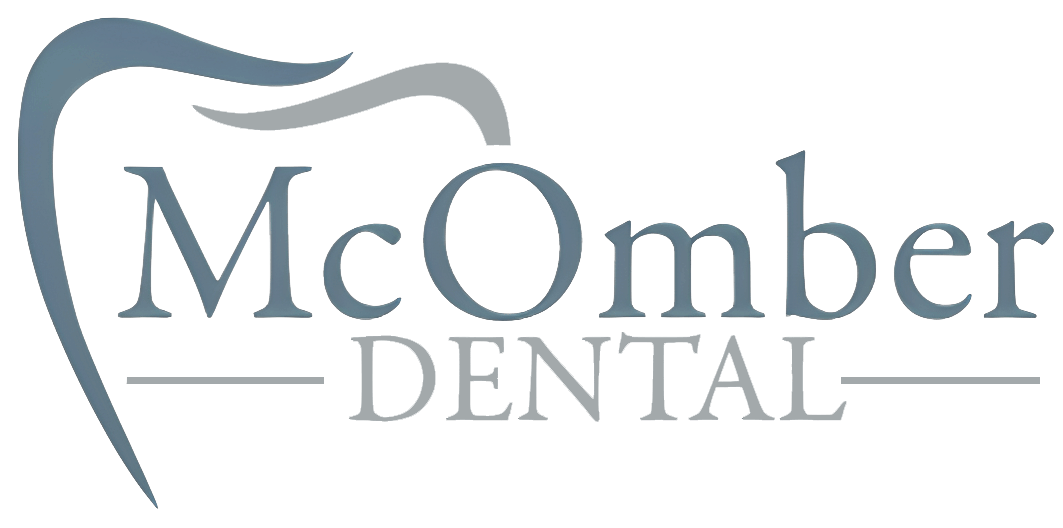Teeth Cleaning (Prophylaxis)
This often misunderstood procedure is actually the mainstay of great oral health. It is analogous to the regular maintenance we provide for almost anything we own, like our cars, homes, or even computers. This process allows the hygienist to clean under the gum line where the toothbrush cannot reach and to access and monitor the health of the gums and the teeth. With regular care, problems are caught early and are much less likely to be as costly and involved as if left untreated.
Dental Hygiene
In addition to the meticulous cleaning, polishing, and examination of your teeth, we also take the time to help our patients develop proper oral hygiene habits at home. We will evaluate your hygiene techniques and make adjustments to your routine where needed. Our doctors and hygienists will also suggest preventative measures such as dental sealants or nightguards to protect against bruxism and TMJ.
Fluoride
Fluoride is a medicine applied to the chewing surfaces of back teeth to make them more resistant to decay. Great for children and adults. It is also used to help desensitize adult teeth around the gum line. A special prescription-only fluoride can be used to reverse small cavities that have formed between the teeth, keeping them from needing to be filled.
Sealants
Sealants are a plastic covering for the chewing surfaces of back teeth. They are typically applied to children’s teeth. Sealants have been shown to be highly effective at preventing cavities on the chewing surfaces of teeth.
Oral Cancer Screenings
During a dental exam, the doctor will check your neck and oral tissues for lumps, red or white patches, or recurring sore areas. Screening for changes in the oral tissue early can help detect cancer at a stage when it can be more successfully treated.
Smoking, especially combined with heavy alcohol consumption (30 drinks a week or more), is the primary risk factor for oral cancer. In fact, this combination is estimated to be the most likely trigger in about 75 percent of oral cancers diagnosed in this country. Other lifestyle and environmental factors also may increase your risk of developing oral cancer.
